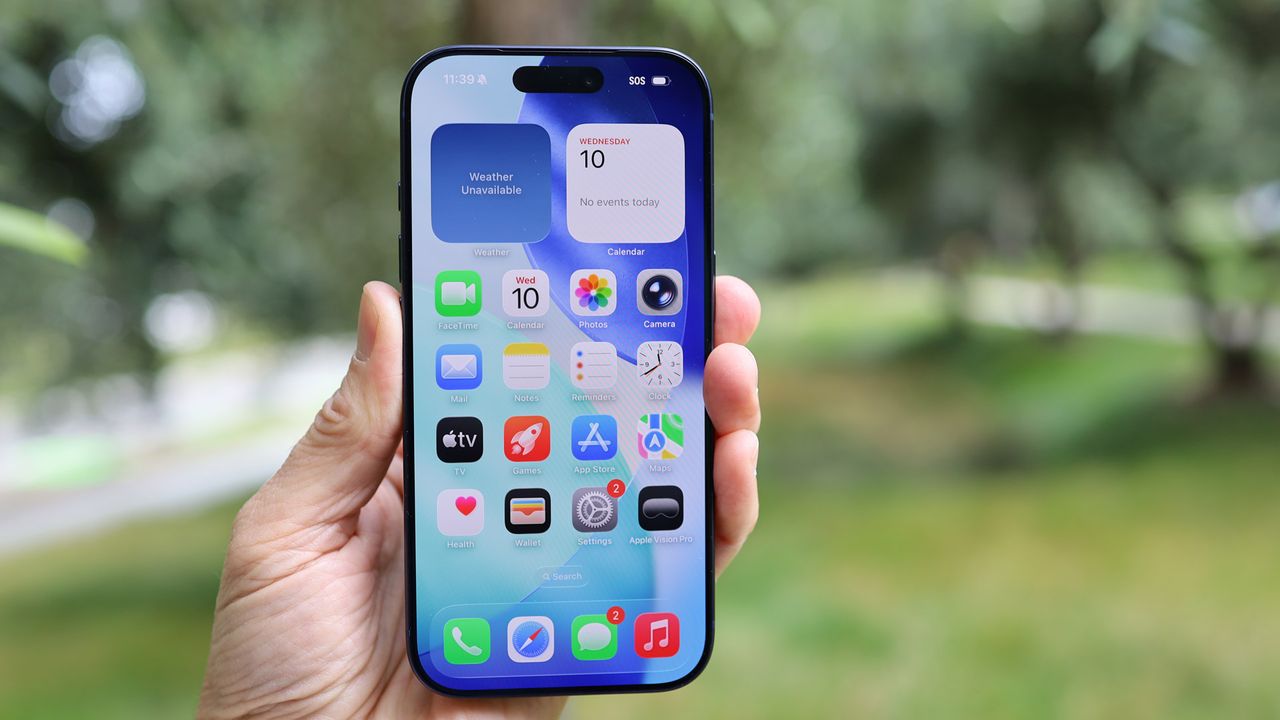
In 2017 alone, U.S. companies spent upwards of $10 billion on third-party audience data. At one time, not so long ago, most people were oblivious to the fact that their data was even being collected. Thanks to Facebook, however, that’s no longer the case. We now have all kinds of questions about it, including how it’s being collected, why it’s being collected and then who has access to it after it’s been collected. While I would love to pin this wholeheartedly on Facebook, that’s not the only reason. According to the Identity Theft Resource Center, there were 1,579 data breaches in 2017. That’s an alarming 44.7% increase from the year before.
How is your data being collected and used? According to Pew Research, nine out of ten adults feel that control over personal information collection is “very important”. And yet – only 9% of people feel that they have a strong command over the information being collected about them. Some data collection is pretty obvious. Google, for example, catalogs a record of your search history. Spotify tracks your music listening habits. So there’s no real surprise in those instances. But in other cases, what do you know about your data? Think about location services. Most people aren’t aware of how their location data is being collected and used by companies like Facebook and Google.
For the most part, companies are just trying to build better products in order to survive in this data-driven world, and are ultimately trying to please the user. They aren’t necessarily using your data in nefarious ways, but that doesn’t mean that you shouldn’t be cautious. Typically, information about how your data is collected can usually be found within that application’s “Terms and Conditions”. You usually agree to how your data is being used when you sign up for the app. However, only about 1% of people actually take the time to read what is in there. The documents, of course, are written in legalese and can be quite long.
While some companies make an effort to explain how data is collected, there are many companies that do still operate in this mysterious manner. More than half of the companies studied in the 2018 Corporate Accountability Index failed to adequately disclose information about the way they collect data. Obviously, Facebook was singled out as one of the worst among the offenders, when it comes to transparency in data collection practices. Which is, of course, no surprise given the Cambridge Analytica scandal. But as I said before, I don’t want to single them out.
What does this mean? Essentially, it means that you need to really think about what apps you’re using and whether you’re comfortable with those companies using your data. I am not suggesting that you can’t grant access to your information through these apps, but if you do, be aware of what might happen. There’s also a huge responsibility on the tech companies themselves to collect data more responsibly. They not only need to be transparent about their practices, but they also need to take extra steps to make sure the data is safe and secure. Ultimately, your only options are to opt out of data collection, which means not using the app at all. Or use the app and hope that these companies get their act together about data collection.



